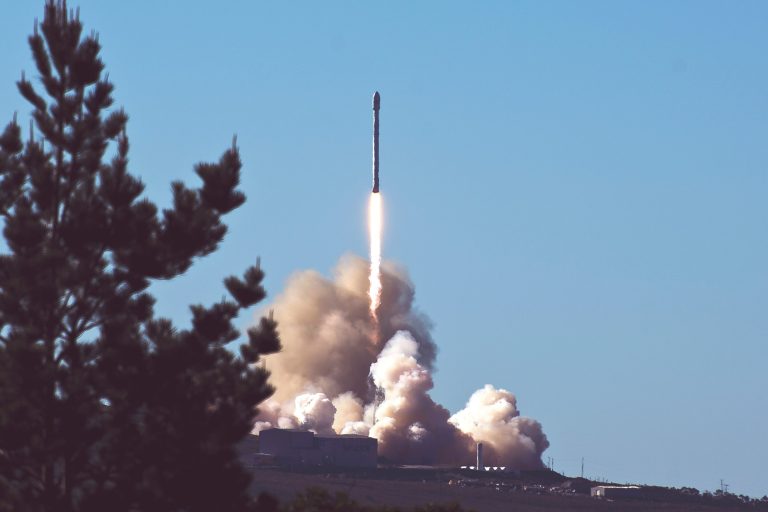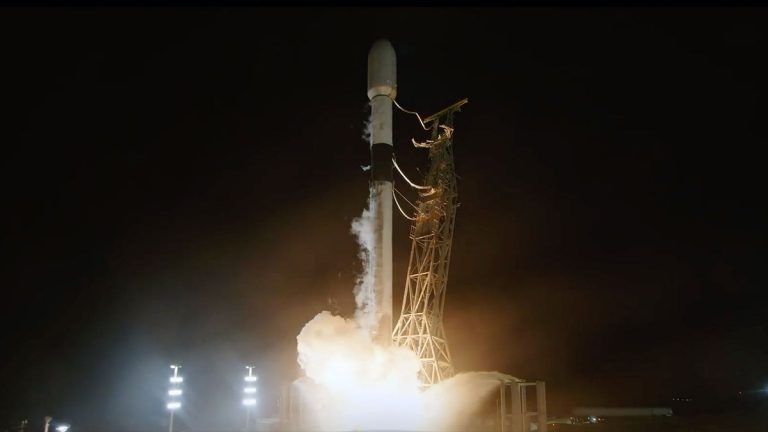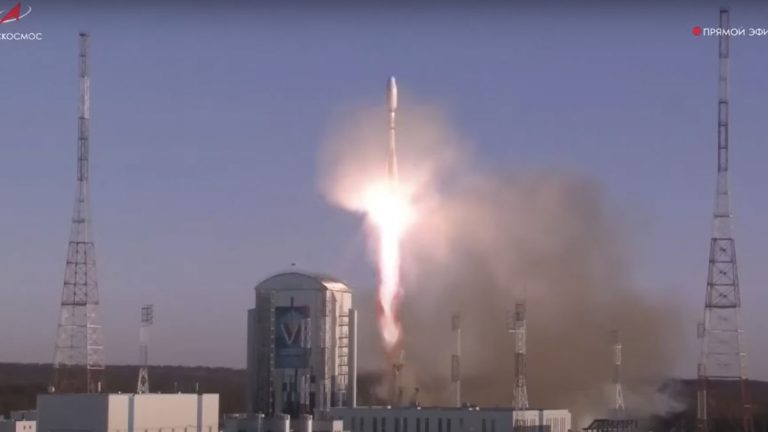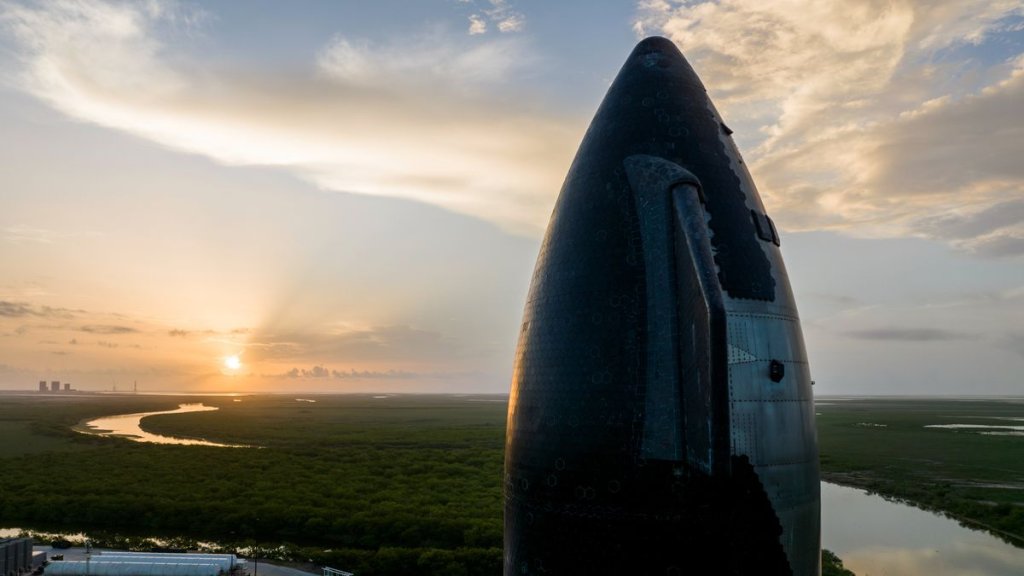
Starship is ready for its 5th test flight, SpaceX says (photos) (Image Credit: Space.com)
SpaceX has vetted its newest Starship megarocket ahead of its upcoming test flight, the company says.
Starship, the biggest and most powerful rocket ever built, consists of two fully reusable elements — a huge first stage called Super Heavy and an upper-stage spacecraft known as Starship, or simply Ship. A stacked Starship has flown four times to date, but SpaceX plans to boost that tally soon.
“Flight 5 Starship and Super Heavy are ready to fly, pending regulatory approval,” the company said via X on Thursday afternoon (Aug. 8). “Additional booster catch testing and Flight 6 vehicle testing is planned while waiting for clearance to fly.”
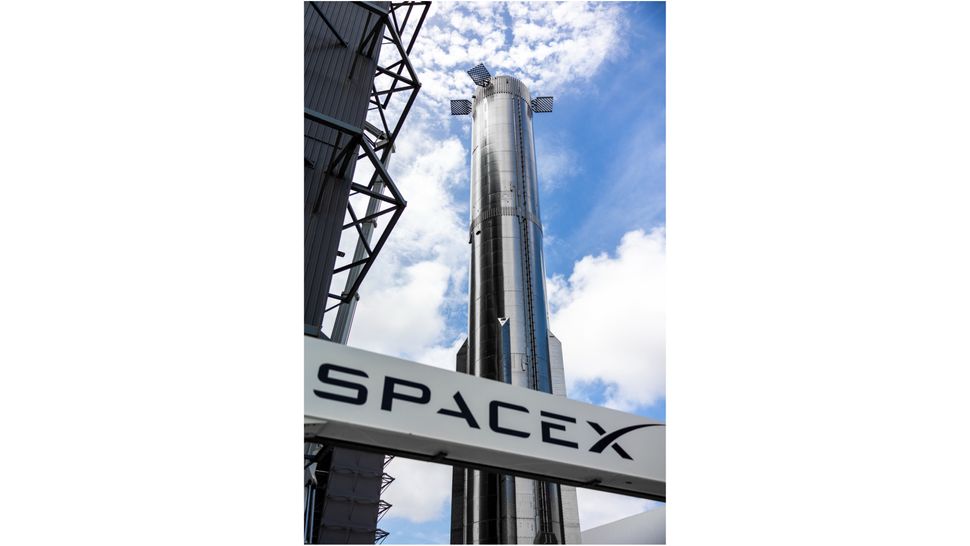
That regulatory approval would presumably come from the U.S. Federal Aviation Administration, which issues licenses for launches from American soil.
Related: SpaceX test-fires Super Heavy Starship booster ahead of 5th flight (video)
As for the second part of that post: SpaceX intends to catch the returning Super Heavy during the Flight 5 mission, using the “chopstick” arms of the launch tower at its Starbase site in South Texas.
SpaceX has never tried this before. During the first four Starship test flights — which took place in April 2023, November 2023, and March and June of this year — the company aimed to bring Super Heavy down for a splashdown in the Gulf of Mexico.
SpaceX achieved this on the June flight, which the company hailed as a complete success. The Starship upper stage splashed down as well, surviving its reentry to Earth’s atmosphere and coming down in the Indian Ocean.
This was a first for both Starship stages: Neither Super Heavy nor Ship hit the water intact on any of the first three test flights.
SpaceX has already tested the engines on both of the Flight 5 vehicle’s stages, lighting up Super Heavy’s 33 Raptor engines on July 15 and Ship’s six Raptors on July 26. These tests, known as static fires, are common prelaunch trials for rockets.
SpaceX has big plans for Starship, viewing the vehicle as a breakthrough that will make settlement of the moon and Mars economically feasible at long last.


